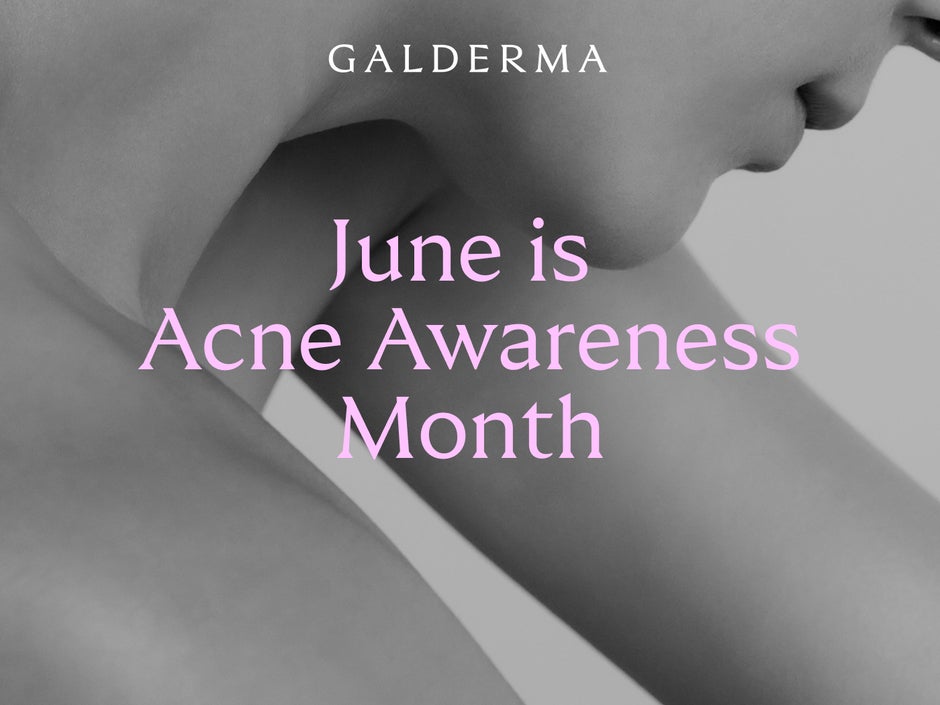
As if adolescence wasn’t hard enough already, more than 80% of young adults face the extra burden of acne. Often misunderstood or dismissed as a teenage rite of passage, in reality acne can have a profound impact on those suffering from it, affecting self-confidence, well-being and overall quality of life.
To make matters worse, the mental burden of reduced skin quality can persist long after the active acne has gone, in the form of hyperpigmentation and scarring left behind on the skin. This Acne Awareness Month, we’re bringing attention to the underrecognized impacts of acne.
An emotional and mental burden
Acne isn’t just physical – it can take a true toll on patients’ overall well-being, also impacting their emotional and mental health. Notably, the condition may cause feelings of embarrassment or self-consciousness. Individuals have reported feeling as though others are staring at their acne, increasing the perceived stigma. And in numerous studies, researchers have found that people with acne often develop anxiety or depression.
In turn, this may negatively impact patients’ social activities and personal relationships. Feeling self-conscious may cause some people to avoid participating in school or the workplace, which may further exacerbate their isolation.
Lasting effects on skin quality
The impact of acne can stretch for years beyond the active condition. For one, acne-induced post-inflammatory hyperpigmentation can occur in all acne patients. So can scarring – often associated with severe acne, scarring can also occur in patients with mild or moderate cases.[1]
What’s more, a lack of awareness means patients with acne do not always anticipate hyperpigmentation or scarring, often mainly concerned with clearing the acne itself. As a result, many suffer the aftermath of acne for years to come. This is a serious problem for patients, dermatologist Dr. Jerry Tan explains: “If you don’t find a way to help them with their pigmentation or scarring issues, they’re still extremely bothered by the negative impact. Both in terms of being self-conscious and embarrassed, and the stigmatization of those issues.”
Stigmatization from reduced skin quality after acne can even follow patients throughout their lives. Dermatologist Dr. Samira Baharlou says those with lesions and hyperpigmentation may “feel less happy to join in society” or even perform less well in job interviews, suffering “a real burden of disease.”
Working together for acne awareness
As the pure-play dermatology category leader, Galderma is committed to improving the lives of those living with chronic skin conditions. Working hand-in-hand with the healthcare professional community, we aim to raise awareness of acne. Our understanding of the impact skin conditions can have on people’s lives is a driving force behind our purpose to advance dermatology for every skin story.
Should you experience some of the symptoms mentioned above, please consult with a healthcare professional for advice.
[1] Tan J, et al. J Drugs Dermatol. 2017;16:97–102.